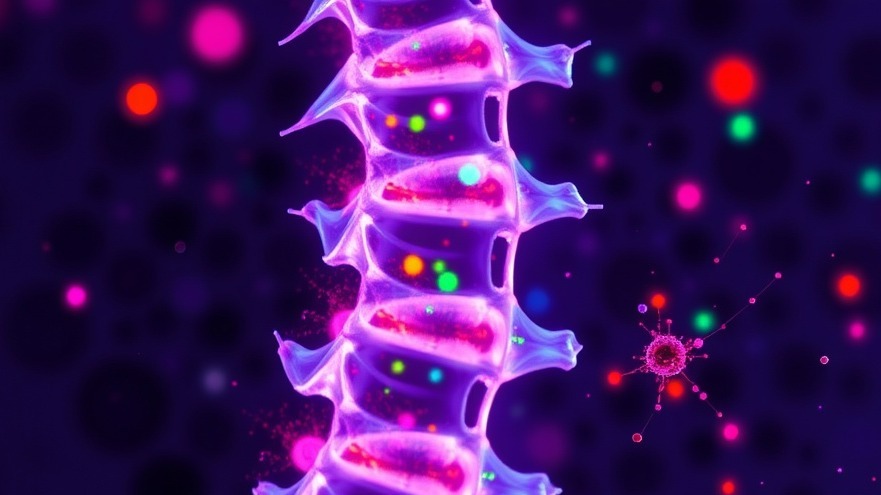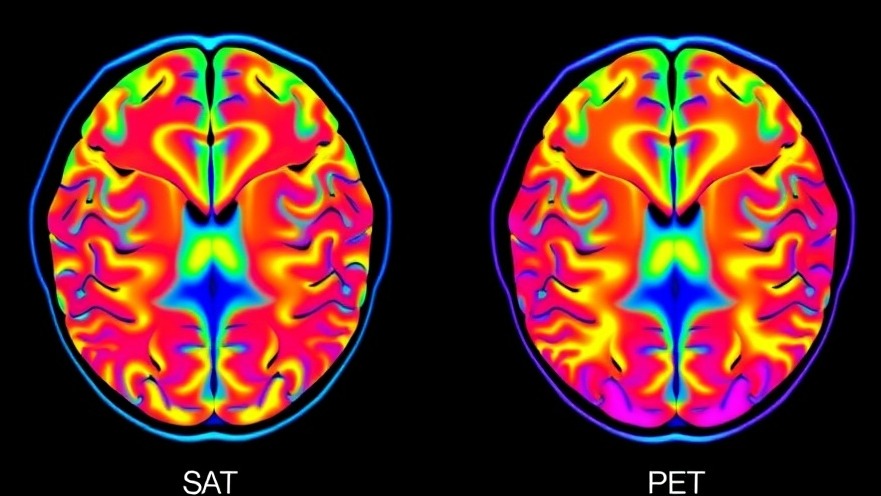
Revolutionizing ALS Research with Spinal Microtissues
Amyotrophic lateral sclerosis (ALS) represents one of the most formidable challenges in neurodegenerative disease research, with a stark survival rate and a troubling lack of effective treatments. This relatively rare yet devastating condition is understood to affect the motor neurons in the spinal cord, leading to a cascade of debilitating symptoms manifested as progressive muscle paralysis. Recent advances in stem cell technology have sparked hope for new avenues in understanding and potentially mitigating the effects of this debilitating disease.
Understanding the Role of Neuroinflammation
One of the leading theories surrounding the pathogenesis of ALS centers on the concept of neuroinflammation. This process, characterized by excessive inflammation mediated by immune cells, is believed to play a crucial role in the degeneration of motor neurons. To unravel the intricate molecular mechanisms at play in ALS, researchers at the Memorial Sloan Kettering Cancer Center have developed 'spinal microtissues'—laboratory constructs derived from stem cells that simulate the properties of the spinal cord.
The Insightful Findings from Stem Cell-Derived Microtissues
The research team, headed by Elisa Giacomelli and Lorenz Studer, recently published compelling findings using these microtissues to model ALS pathology. Tests revealed that microtissues derived from ALS patients exhibited elevated levels of inflammatory proteins compared to those sourced from healthy individuals. This significant distinction provides a valuable platform for both understanding the disease's mechanism and screening potential therapeutic agents.
Identifying Potential Therapeutics
Crucially, the ability to study ALS-linked neuroinflammation within these models opened the door to metabolic profiling. The researchers screened a vast library of 190 FDA-approved drugs, aiming to identify compounds that could modulate pathogenic pathways in the microtissues. Remarkably, a class of drugs emerged that not only mitigated inflammation but also significantly reduced motor neuron death, effectively restoring baseline levels of inflammatory proteins.
Implications for Personalized Medicine
This innovative application of stem cell-derived microtissues is a promising step toward personalized medicine in the realm of ALS. The potential for high-throughput drug screening tailored to individual patient profiles offers a new horizon for effective ALS treatment strategies. Such advancements underscore the relevance of the technology in enhancing therapeutic responses and tailoring interventions to patient-specific needs.
Broader Applications and Future Directions
Beyond ALS, the implications of stem cell-derived spinal microtissues extend into several neurodegenerative conditions. The technology can potentially be adapted for disease models of multiple sclerosis, spinal cord injuries, and even broader areas such as stroke recovery and neurodegenerative disorders involving different cellular pathways. The prospect of using this sophisticated modeling approach presents healthcare practitioners with potent tools for understanding and treating complex medical conditions.
Conclusion: The Call to Innovate for Patient Care
As concierge health practitioners, staying abreast of developments in neurodegenerative disease therapies is pivotal for holistic patient care. The advancements in spinal microtissue models not only herald a breakthrough in ALS research but also enhance our capacity to offer personalized treatment options to patients. Engaging with these cutting-edge technologies will enable practitioners to take proactive steps in adapting their practices to incorporate frontline therapeutic approaches in their treatment regimens.
Thus, it becomes imperative to remain informed about these transformative developments in biomedical technology. Explore how implementing new tools and techniques can elevate your practice, significantly impacting patient outcomes.
 Add Row
Add Row  Add
Add 






Write A Comment